WARREN — Sergio Hairston thought he was prepared to watch someone die.
The 25-year-old Lewiston man was at a bedside in the Maine State Prison’s hospice room watching a sick fellow inmate.
“I always thought that I knew everything and could handle every situation,” said Hairston, an inmate since his conviction at 19 years of age for manslaughter. As he watched, the man in the bed suddenly lurched.
“He had a deep, deep breath,” Hairston said.
For a moment, the young man panicked.
“I had an anxiety that came up from deep in my chest,” he said. But he stayed.
An hour later, lying in the stainless-steel-and-cinder-block space, the man died the way most people wish to die: humanely, with someone nearby to care.
“He showed me again that you think you’re prepared, but you’re not prepared,” Hairston said.
The death also showed him what the hospice program — a tight community of a dozen convicts inside Maine’s most secure prison — aims to teach its volunteers again and again.
Caring for the dying and chronically ill can make them better men.
“I learned to step back and allow someone’s needs to come before my own,” Hairston said. “And it took me a long time to do that.”
The program began five years ago with five men, tasked with ensuring that anyone who dies inside the prison does so humanely.
Professional staff take care of the medical needs. For the rest, Kandyce Powell and her organization, the Maine Hospice Council and Center for End-of-Life Care, taught the inmate volunteers about hospice.
The program, one of 68 nationally, has drawn praise for its service to an often-ignored population, for its success encouraging model behavior among its members and for its ability to instill empathy among people who’ve committed terrible crimes.
Of the current dozen volunteers, the majority are serving time for murder.
Inmates in the program learn about the needs of dying people. They learn how people handle their last weeks, days and hours.
“They have found themselves plumbing the depths of their own humanity,” Powell said. “In caring and providing a service for someone in desperate need of love and caring and attention and comfort, they have found their own humanity.”
Searching for compassion
One of the first people selected for the program was Steve Carpentier.
In his own way, he had already been doing the job secretly, beginning years earlier in the former state prison in Thomaston.
“A lot of my friends were dying,” said Carpentier, a white-haired man from Camden. “I didn’t like the way they were dying. They were dying alone.”
Some were victims of neglect, he said.
“I had a neighbor who was two doors down who was lying in his own puke and blood, and they wouldn’t open the door to let us pick him up off the floor,” Carpentier said. Eventually, officers took him to the infirmary. He died two days later.
Carpentier and another man began slipping into the infirmary to help sick inmates.
“We used to sneak in there and help the guys as much as we could,” he said.
It stayed a secret until Powell came along. Her Augusta-based organization searches for people who need hospice services, who need care as they die.
The concept of hospice care began in Europe and filtered to the United States in the 1960s. In 1974, the first program devoted specifically for hospice care for the general public took root in the U.S. in Connecticut, with hospice later making inroads in U.S. prisons.
Powell approached Maine prison officials more than a decade ago. “We are always looking for under-served populations,” she said.
She met with administrators and staff at the prison. She slowly earned their trust.
“It took eight years for the administration to allow me to train the men,” Powell said. It took another year to form the first class of five and train them for the work.
She chose the men from a pool of candidates created by prison staff. Powell talked with them, watched them and tried to find the ones who seemed genuinely eager to help.
And she never brought up their crimes.
“I look at them with different eyes and ears,” said Powell, who still meets with the inmates weekly. “I don’t come in here and judge them for the crime that brought them here. I have always believed that we all should be defined by more than the worst mistake we’ve ever made in our lives.”
Bringing warmth to a cold place
Since the program began, 18 inmates have died inside the prison.
The infirmary treats most injuries and illnesses in the prison, unless specialized care or equipment is needed. Adjoining the infirmary is the hospice room, decorated with floor-to-ceiling pastoral murals painted seven years ago by inmate Olin Williams.
The program has grown from five volunteer members in 2009 to a dozen, and it’s about to grow again with a list of new applicants and fresh training.
The inmates have distinguished themselves inside with spotless records. Not one of the volunteer inmates has been written up for a behavioral problem, a spokesman for the Maine Department of Corrections said.
Warden Rodney Bouffard praised the men in December for getting up at 2 a.m. to help a dying inmate.
“There wasn’t any second-guessing,” Bouffard said. “There wasn’t any, ‘Well, it’s snowing out,’ or, ‘I’m tired. I’m going to roll over and go back to bed.’ It was a commitment for those gentlemen to help the individual in need. Those are the kind of things that these individuals do.”
Inmate Nathan Roy of Bangor made that commitment clear:
“The patients that we care for will absolutely not die alone,” he said. “Everyone who chooses hospice in this prison will die with dignity, respect, love and as much comfort as we can give.”
Such notions of comfort and love seem out of place here, even to the men. But the program may be helping to change that.
Brandon Brown tries to find humanity here. He serves in the hospice program and helps train dogs for adoption.
“There are so many obstacles throughout the day, dealing with each other, dealing with staff, just dealing with prison in general, the fences, the barbed wire,” Brown said.
As he spoke, a puppy snored on his lap.
“It’s a cold place,” he said. “But a lot of the guys up here are warming their hearts to each other.”
Those guys are also getting some outside attention for their efforts.
Several of the volunteers have formed a band and recorded a CD. They plan to hold a release concert Feb. 19 at the prison. The concert is free and open to the public. People who wish to attend must register no later than Feb. 17 at mainehospicecouncil.org. Proceeds from the sale of the band’s CD will go to the hospice program.
The musicians sometimes play live to inmates in their hospice beds. Some of it is emotional. All is comforting.
Last week, the band, Sounds of Comfort, played songs in the prison’s visitor area, where they’ll host their audience for the Feb. 19 concert. Joining them that day was Karen Flynn, the hospice director at Androscoggin Home Care & Hospice in Lewiston. She is a member of the band and assists in their ongoing training.
The band was meeting with the media to promote the upcoming concert and CD release. The mood was upbeat and relaxed, but it was impossible to forget the venue. The mostly acoustic music was frequently accompanied by the sharp metal snap of electronic locks as officers circulated in and out of the room.
Following the code
For Brown, 27, the work of hospice is a chance to change and improve.
He entered the prison in 2010 for shooting a man in Portland during a fight. The incident left the man in a wheelchair.
“I’d just never done anything important in my life,” Brown said. “I was a kid. Since the first day I came here, I’ve wanted to do stuff to improve. I want to be a man when I come out. I don’t want to be the same little boy I was when I came in.”
Like every inmate in the program, he learns and he helps.
Sometimes the hospice volunteers talk with dying inmates or sing to them. Sometimes they fetch coffee. Other times, they clean up a sick inmate or convince more mobile patients to take showers.
Each volunteer who enters the program promises compassionate care, respect for the dignity and needs of patients, and respect for the staff. It’s part of a code of ethics every volunteer must sign.
“They live by the code of ethics and they hold each other accountable,” Powell said.
There are unwritten codes, too. Unlike hospice workers outside the prison, they have often spent years living with the patients, whom they call “clients.” The bond can resemble family, said inmate Robert Payzant of Freeport.
“Out there in the world, there isn’t the relationship with the clients,” he said. “We’re treating the people that we’re living with. We see these people every day, so when we see them as patients, we’re already feeling their pain.”
Second chances
To Wes Knight of Camden, who has been locked inside for more than 20 years on a murder conviction, hospice gives him a reason for pride.
“People think that no good can come out of prison,” he said. “There are a lot of us in here who made one bad choice in life that landed us in prison. I’m going to do almost 30 years by the time I finish up my bid and get out, but it’s made me a better man for when I do hit the street.”
There’s always the thought of the men who died never again breathing free air.
Every inmate must think about the possibility, Brown said.
“I’ve always thought that I deserved a second chance,” he said. “I always thought that I was better than my crime. I thought I was better than the bad decision that I made. Being involved in this program has really made me realize that every single person is deserving of a second chance. Every single person is better than what brought them to prison. And when you see a guy die up in the infirmary and you see a guy not get that chance to get out and show the world that he had more to offer, it’s overwhelming.
“We made the realization, all of us, that it could be any of us,” he said.
Send questions/comments to the editors.

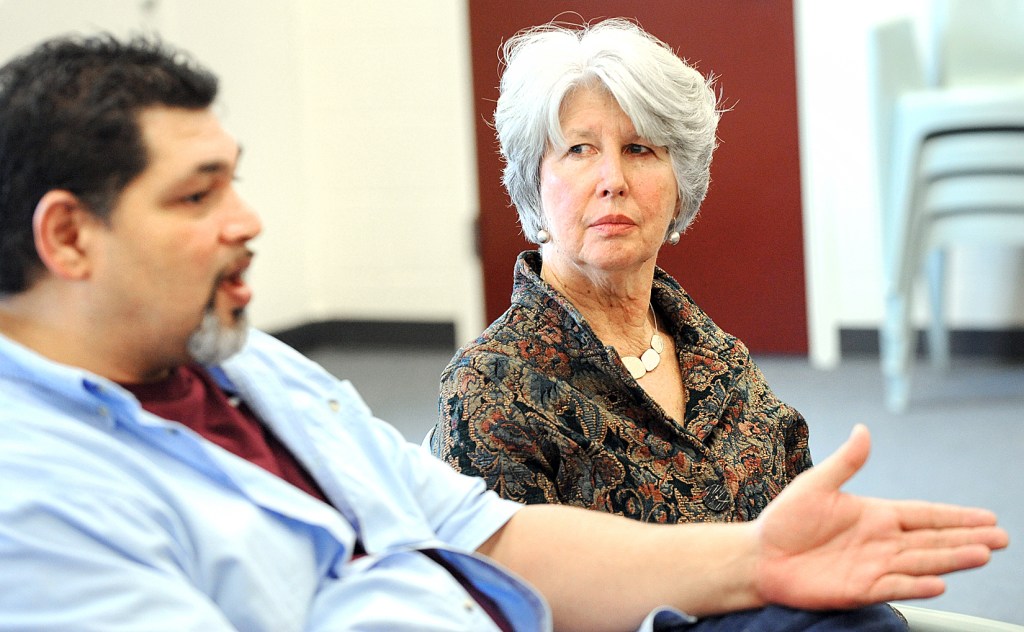
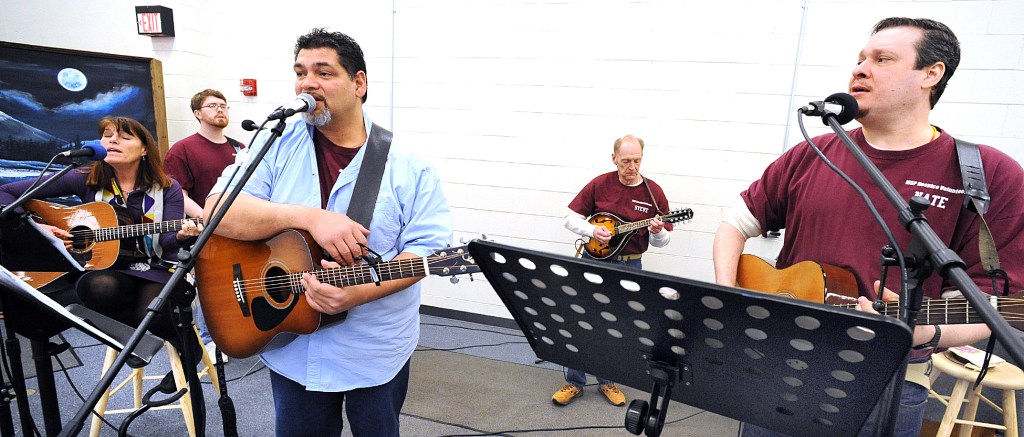
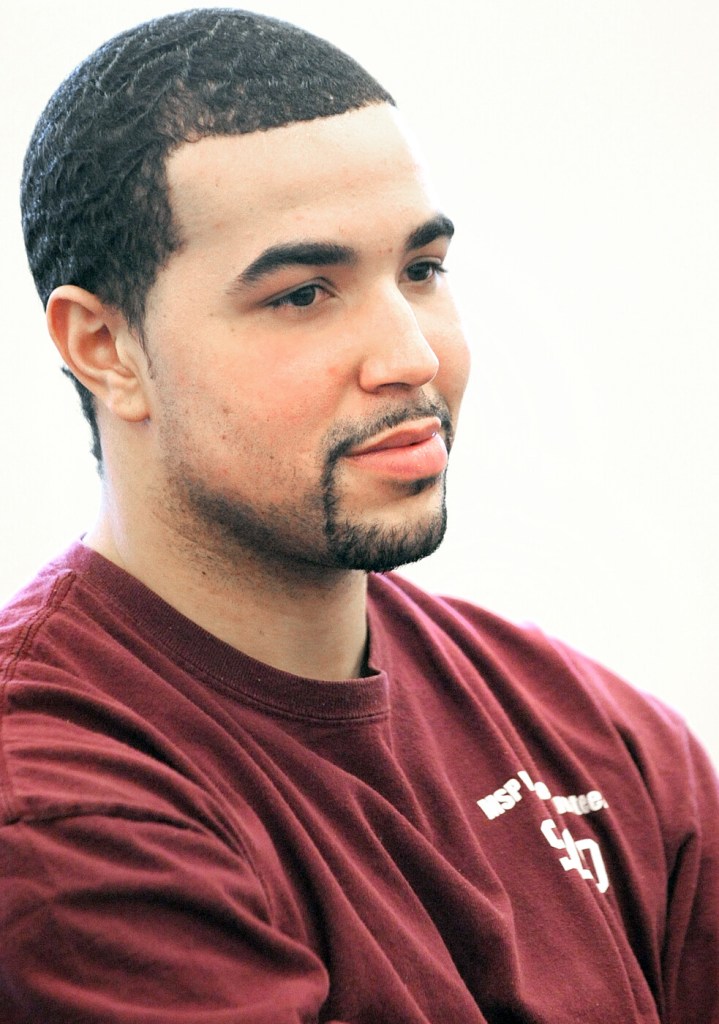
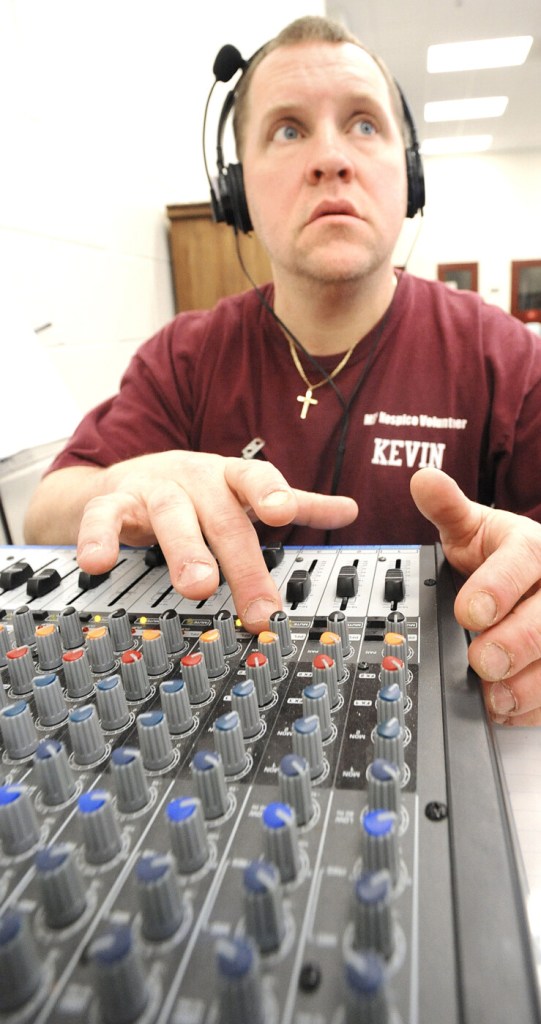
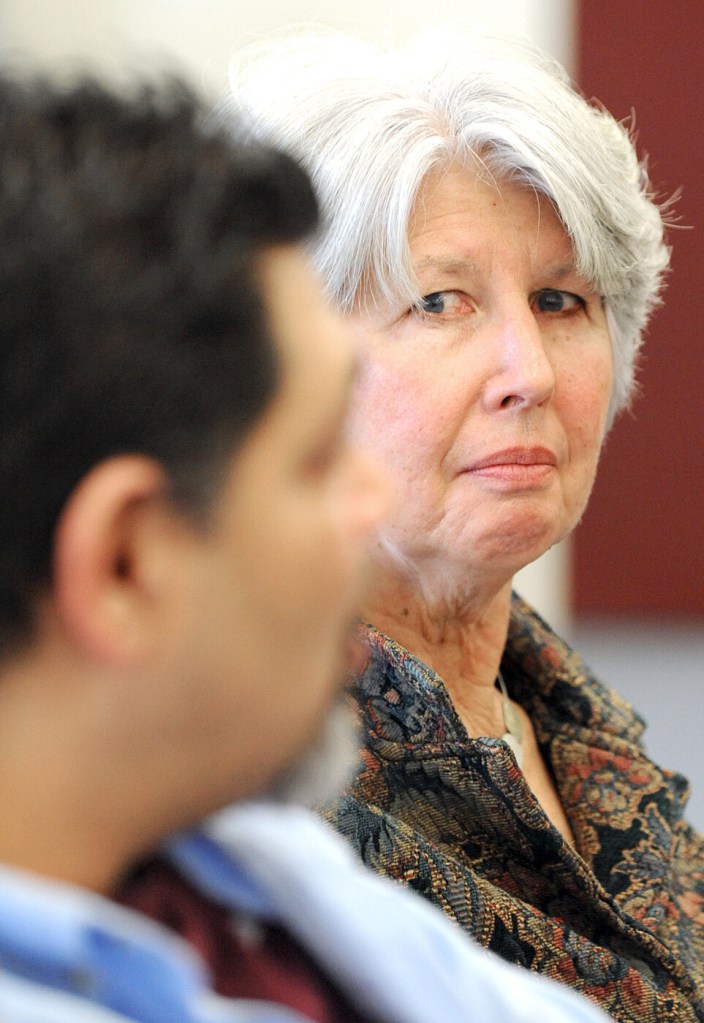

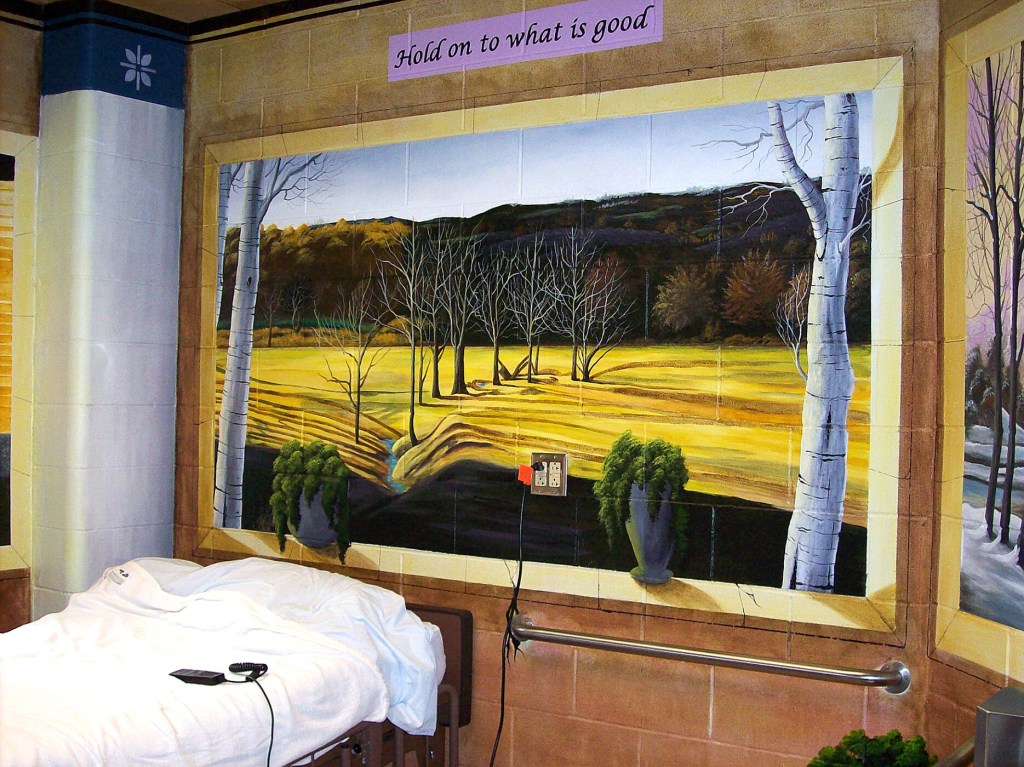

Comments are no longer available on this story